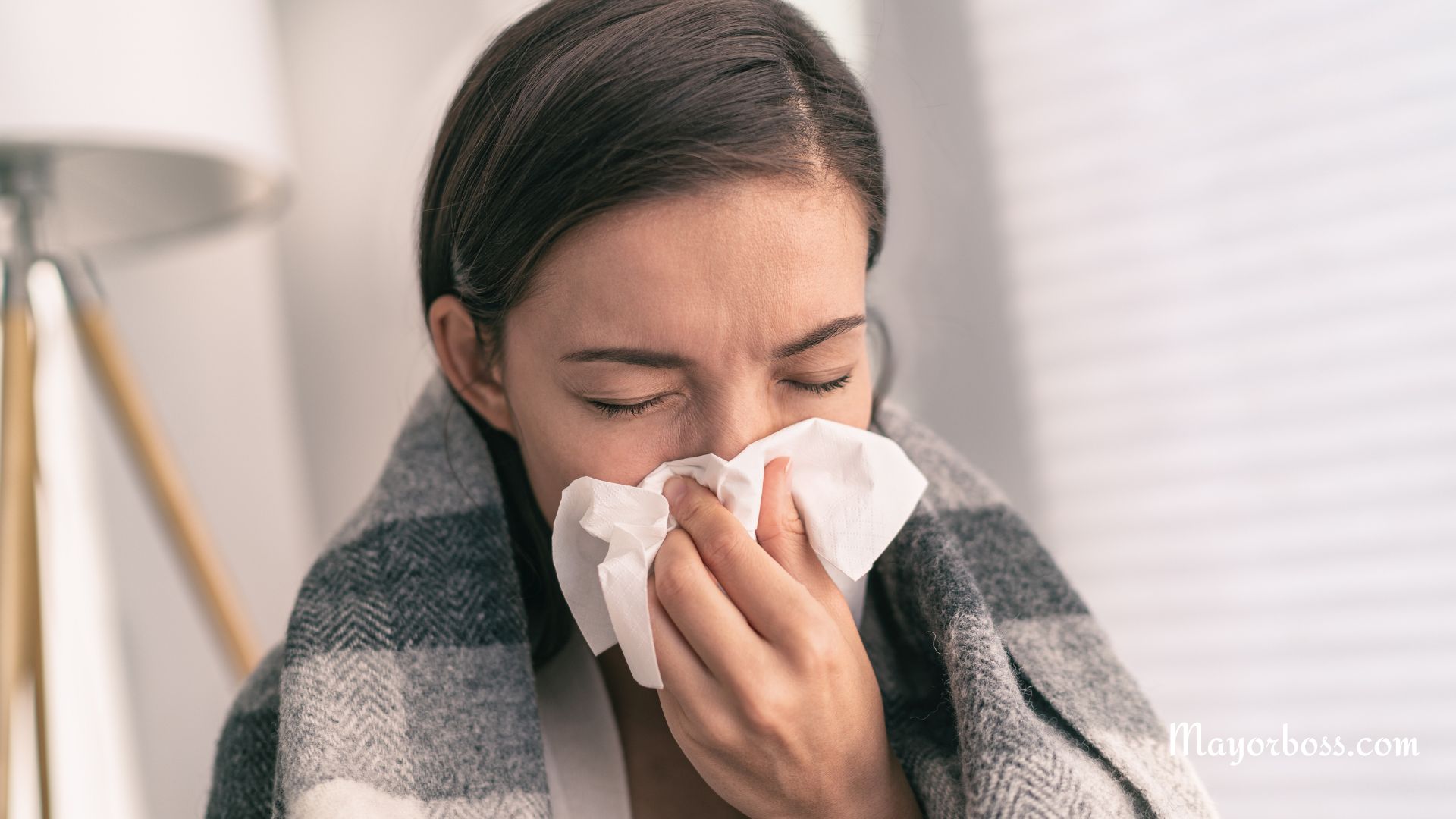What is a Postnasal Drip?
Summary: Postnasal drip is a condition where excess mucus accumulates in the back of the throat or nose and drips down the throat. This can lead to sensations like a tickle in the throat, congestion, or a chronic cough. It’s a common occurrence resulting from various factors such as allergies, viral infections like the common cold, or irritants in the air. Treatment often targets the underlying cause and can range from home remedies to medications.

Definition and Common Occurrence
Postnasal drip is when an excess amount of mucus, produced by the glands in your nose and throat, gathers and drips down the back of your throat. This situation is quite common and can be felt as a tickle in the back of the throat, often leading to a chronic cough1.
Causes
Postnasal drip can occur due to various reasons. Common triggers include:
- Allergies: Allergic reactions to pollen, dust, animal dander, or certain foods can cause postnasal drip.
- Viral Infections: Common colds or other viral infections can increase mucus production.
- Sinus Infections: Infections in the sinuses can also lead to postnasal drip.
- Irritants: Exposure to irritants like fumes, smoke, or dust can trigger this condition2.
Less common causes may include pregnancy, certain medications, or in rare cases, foreign objects stuck in the nose, especially in small children2.
Symptoms
The symptoms of postnasal drip primarily revolve around the discomfort caused by the excess mucus. They include:
- A feeling of mucus dripping down the back of your throat
- Persistent need to clear your throat
- Chronic cough
- Sore throat
- Congestion34.
Treatment
The treatment for postnasal drip often aims at addressing the underlying cause. Here are some treatment measures you might find helpful:
- Medications: Depending on the cause, medications such as antihistamines, decongestants, or antibiotics (for bacterial infections) can be useful.
- Home Remedies: Drinking plenty of fluids, using a humidifier to add moisture to the air, and gargling with warm salt water can help alleviate symptoms4.
- Avoiding Irritants: Steering clear of irritants that trigger postnasal drip, like smoke or dust, can be beneficial.
When to Seek Medical Attention
If the postnasal drip persists or is accompanied by other severe symptoms such as high fever, chest pain, or difficulty breathing, it’s advisable to seek medical attention. Furthermore, if it interferes with your quality of life or if the symptoms worsen, your doctor can provide a treatment plan to manage and alleviate your symptoms.
